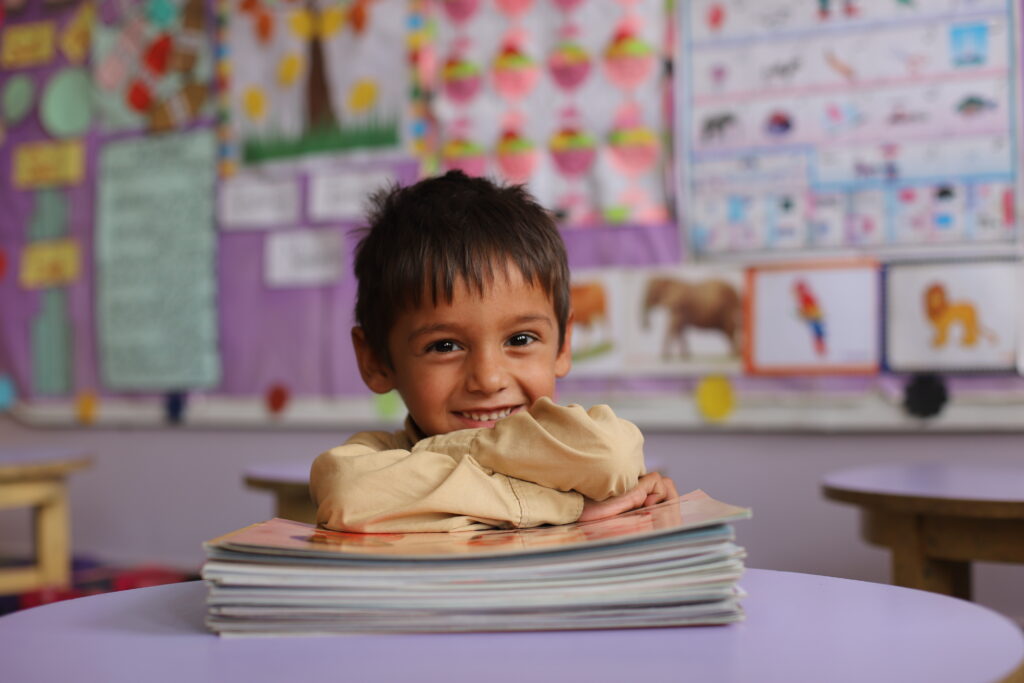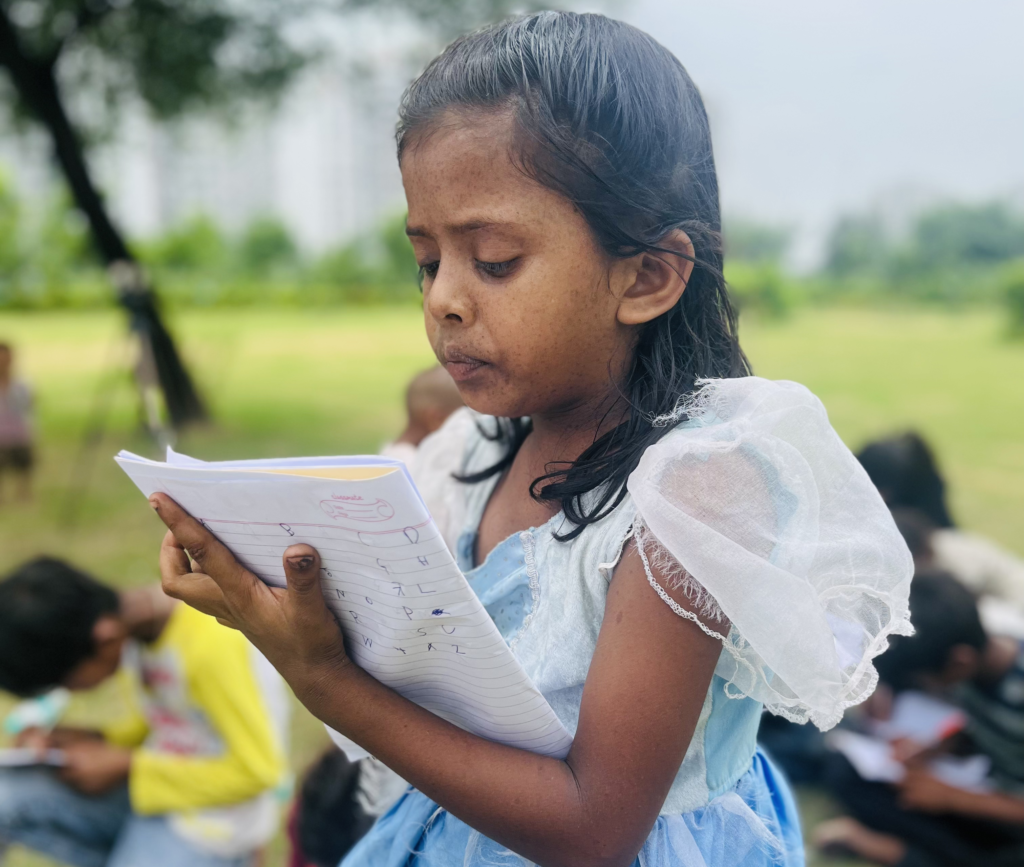Brighter Futures: The Impact of Your Donations on Children’s Education
Your donations have a profound impact on children’s education, breaking barriers to learning and opening doors to brighter futures. With your support, underprivileged children gain access to vital resources like textbooks, school supplies, and scholarships. These donations not only enable them to attend school but also empower them to excel academically, develop essential life skills, and pursue their aspirations. By investing in education, you’re not just changing individual lives; you’re building stronger communities, breaking the cycle of poverty, and shaping a more equitable and prosperous world for generations to come.

Financial Donations and Education Equality
Financial donations for children’s education play a pivotal role in breaking the cycle of poverty and reducing societal inequalities in several ways.
Firstly, these donations address one of the fundamental barriers to education: financial constraints. For many children from disadvantaged backgrounds, the cost of schooling, including tuition fees, books, uniforms, and transportation, presents a significant obstacle to accessing quality education. By covering these expenses, financial donations remove economic hurdles and enable children to enroll and remain in school, thus breaking the cycle of poverty that often perpetuates across generations.
Secondly, educational donations provide underprivileged children with equal opportunities for learning. By bridging the gap between privileged and underprivileged students, donations ensure that all children, regardless of their socio-economic background, have access to the same quality education. This fosters a more level playing field and empowers children from marginalized communities to pursue their aspirations, thereby reducing societal inequalities stemming from unequal access to educational resources.
Moreover, financial donations contribute to the overall improvement of educational facilities, resources, and teacher training. This enhancement in the quality of education not only benefits the immediate recipients but also uplifts entire communities. Better-educated individuals are more likely to secure employment, earn higher incomes, and contribute positively to the economy, thereby fostering economic growth and reducing disparities within society.
Furthermore, by investing in children’s education, financial donations promote long-term societal development. Educated individuals are better equipped to participate in civic life, make informed decisions, and drive positive change within their communities. Thus, educational donations serve as an investment in building human capital, which is essential for sustainable development and the eradication of poverty on a larger scale.
In summary, financial donations for children’s education break the cycle of poverty by removing economic barriers, providing equal opportunities, improving educational quality, and fostering long-term societal development. By investing in education, donors contribute to creating a more equitable and prosperous society for future generations.

Empowering Underprivileged Children Through Educational Donations
Educational donations serve as a beacon of hope for underprivileged children, offering them a transformative pathway to success. By providing access to essential resources such as textbooks, school supplies, and transportation assistance, these donations break down financial barriers that often impede their education. Moreover, donations ensure equal opportunities for learning by bridging the gap between privileged and underprivileged students, leveling the playing field and fostering a more inclusive educational environment.
Beyond mere access to resources, educational donations play a crucial role in nurturing the holistic development of underprivileged children. Through extracurricular activities, sports, arts, and cultural programs supported by these donations, children not only excel academically but also grow personally. They develop essential life skills such as teamwork, leadership, and resilience, empowering them to navigate challenges and seize opportunities in the future.
Furthermore, educational donations instill a sense of empowerment and confidence in underprivileged children, showing them that their dreams are within reach. By investing in their education, donors affirm their belief in the potential of these children to succeed and thrive. This support goes beyond the classroom, creating a ripple effect of positive change that extends to families, communities, and beyond.
In essence, educational donations serve as a catalyst for social mobility and economic empowerment, breaking the cycle of poverty and creating a more equitable society. They empower underprivileged children to overcome adversity, pursue their aspirations, and make meaningful contributions to their communities. By bundling resources, equal opportunities, and personal development, educational donations offer a brighter future for generations to come.
Transformative Impact of Educational Support on Disadvantaged Children: Case Studies
Educational support has shown remarkable transformative effects on the lives of disadvantaged children, both locally and globally. One notable example is the story of Maria, a young girl from a low-income family in a rural community in Guatemala. Through a scholarship program funded by donations, Maria gained access to quality education, including textbooks, uniforms, and transportation. With the support of dedicated teachers and mentors, Maria excelled academically and developed a passion for science. Eventually, she became the first person in her family to attend university, where she pursued a degree in environmental science. Today, Maria works as an environmental activist, advocating for sustainable development and empowering her community to protect their natural resources.
Similarly, in a global context, the story of Emmanuel from Kenya highlights the transformative power of educational support. Growing up in a slum in Nairobi, Emmanuel faced numerous challenges, including poverty and lack of access to basic education. However, through a sponsorship program funded by international donors, Emmanuel was able to enroll in school and receive financial assistance for tuition fees and school supplies. With determination and hard work, Emmanuel graduated from high school with top honors and went on to pursue a degree in computer science. Today, he works as a software engineer for a tech company, breaking barriers and inspiring other children from disadvantaged backgrounds to pursue their dreams.
These case studies exemplify how educational support can break the cycle of poverty and empower disadvantaged children to reach their full potential. By providing access to education, scholarships, and mentorship, donors can make a tangible difference in the lives of children, enabling them to overcome adversity and build a brighter future for themselves and their communities.
Final thought
Your generosity has a profound impact on children’s education, transcending barriers and illuminating paths to brighter futures. Through your support, underprivileged children gain access to crucial resources, enabling them to pursue their educational journey with vigor and determination. By investing in their schooling, you empower these children to break free from the cycle of poverty, unlocking doors to opportunities that were once beyond their reach. Your contributions not only shape individual lives but also cultivate stronger communities and a more equitable society for generations to come. Together, we can continue to sow the seeds of education and nurture the promise of a brighter tomorrow.



